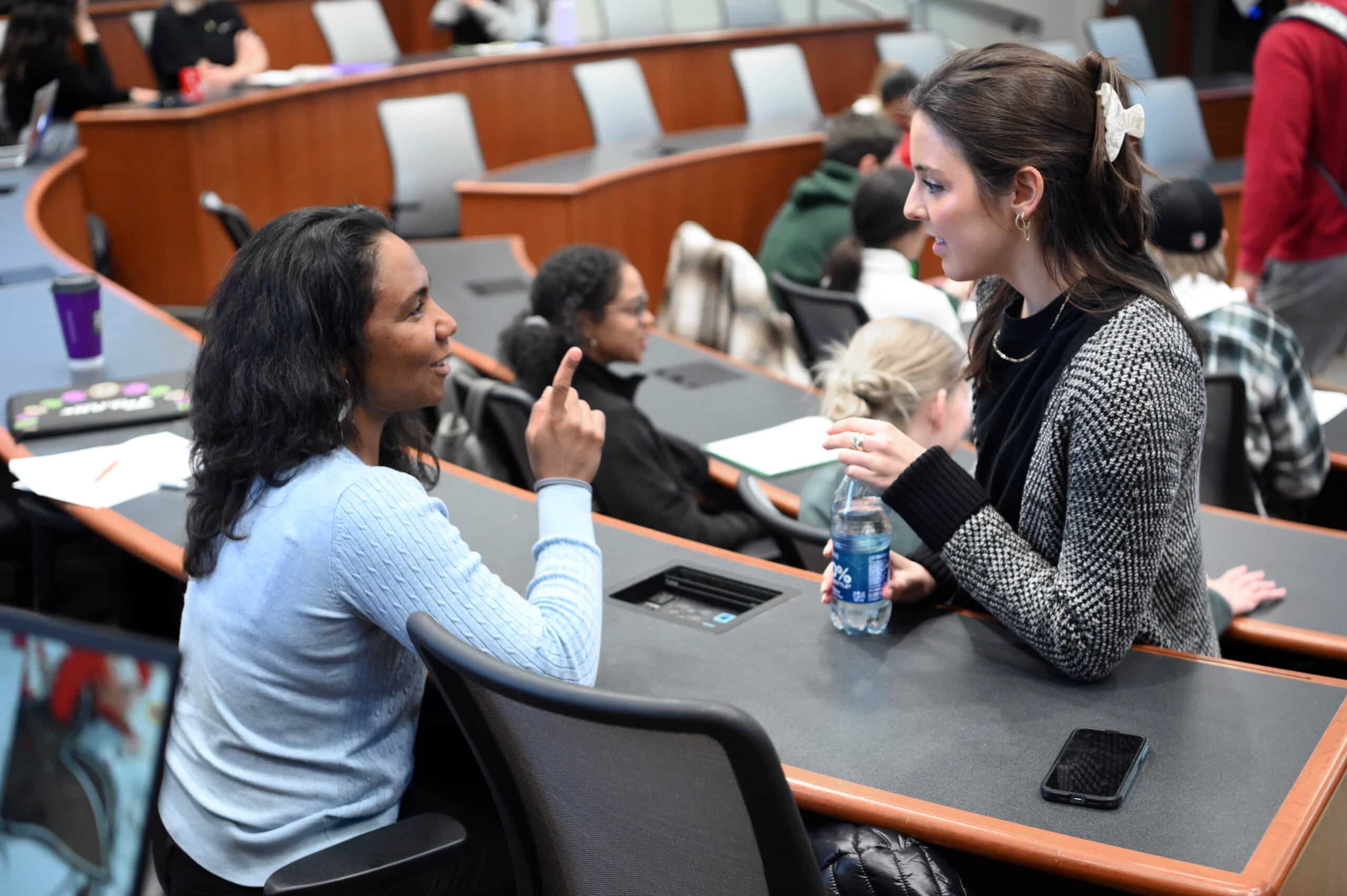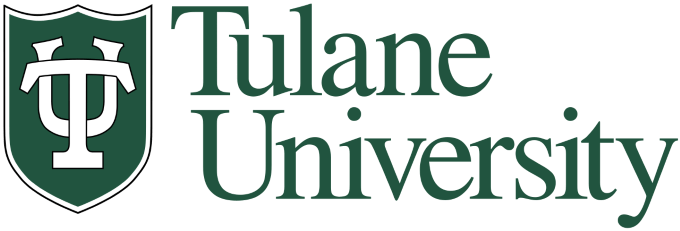Data has become the cornerstone of informed decision-making in today’s rapidly evolving business landscape. Recognising the critical importance of literacy in what’s been called “the new oil,” the Freeman School of Business at Tulane University has established itself as a trailblazer in the realm of data-driven education. In fact, all of its programmes (which are STEM designated) currently allow for a concentration or specialisation in the topical subject.
Its Master of Business Administration (MBA) is no exception. Foundational yet future-focused, this revised programme now features various courses that expose learners to applications of data science. For instance, the Data and Analysis for Marketing Decisions course leverages real-world data from marketing applications to provide students with the statistical and computational skills needed for business research and analytics.
In the class “When Data Lie”, students examine the many thought processes that go into collecting, analysing, interpreting, and presenting data. The Data-Driven Strategic Management course revolves around formulating strategic moves and communicating effectively. Meanwhile, the Analytics for Managers course focuses on navigating the emerging role of business analytics in organisations. Each subject includes hands-on experiences that bridge the gap between theory and practice.
These topics are paired with an emphasis on ethics to ensure all graduates step into the workforce ready to be a leader for the future. Freeman School’s approach works — hence why 100% of its Full-Time MBA class of 2022 accepted job offers within three months of graduating.

The Freeman School of Business has come a long way since its inception in 1914. Source: Tulane University
The STEM-designated Master of Business Analytics is equally effective, with graduates adding value at the likes of BlackRock, JPMorgan Chase & Co. and Accenture. This career-driven programme walks students — of all academic backgrounds — through the process of analysing real-world data sets and turning their findings into something useful. Throughout the nine to 16-month programme, learners receive personalised attention from distinguished faculty members.
Professor Osman Kazan, director of Freeman School’s business analytics programme, is one of them. He plays a pivotal role in shaping the degree into a rigorous, experience-based inside look at the technical side of business. One of the ways he achieves this is by telling them compelling stories and encouraging them to “process, visualise, and draw conclusions.”
To do so, learners delve into topics that have a direct impact on the lives of everyday people — from analysing emergency response times of the New Orleans Police to investigating trends in the auto industry’s recall practices and even assessing the financial ramifications of hurricanes. Using these, they get to explore the ins and outs of analysing problems and posing solutions.
“If their organisation comes to them with a problem, they’ll have to find the scope of the problem. And they will need data for that,” Kazan explains. “Rather than saying, ‘here is the code, let’s run through this,’ we are actually trying to do it together.”
Several other Freeman programmes are collaboratively preparing students to thrive in a data-driven business landscape. For example, the Master of Management in Energy offers an Analytics specialisation that equips learners with the tools to transform large data sets into actionable knowledge within the energy industry.

Freeman School is home to seven dynamic degree programmes. Source: Tulane University
Those more interested in joining the finance industry could opt for the STEM-designated Master of Accounting instead, reaping the rewards of Freeman School’s 30-year reputation for excellence in accounting and strong recruiting relationships with the Big Four. This programme dispels the common stereotype that accounting degrees are exclusively suited for math enthusiasts. How? Through specialisations in risk management, structured finance, taxation, and of course, analytics — all of which were set in place to spark interdisciplinary success.
“Accounting is not bookkeeping,” said Programme Director and Professor Jasmijn Bol. “Accounting is the language of business. Your job is not going to be counting how much inventory there is and writing down that number. It’s high-level analysis that you need to do.”
It’s little wonder why all programmes here are kept as relevant as can be. Analytics at Freeman School benefits from the expertise of an advisory council, which ensures curricula move with the evolving needs of the industry. Students often engage with real clients facing genuine data challenges as well.
Not too long ago, Freeman School business analytics students spent an entire semester helping the New Orleans Saints and Pelicans football team apply findings from data to improve operations. “This information has positively impacted our organisation and given us the opportunity to make strategic decisions efficiently and accurately,” says Saints and Pelicans President Dennis Lauscha.
The New Orleans Police Department (NOPD) turned to Freeman School students too, when they needed to help to boost their transparency with the public. Alongside the NOPD’s Analytics Unit, the students created a visualisation of the call data that could be incorporated into the department’s website.
“Students and interns can help us tackle areas of work that maybe we don’t have time or the capacity to do and apply methodologies that we may not have the expertise in,” said Ben Horwitz, the NOPD’s director of analytics. “By partnering with a university like Tulane, we get access to that.”
Follow Tulane University — Freeman School of Business on Facebook, Instagram, LinkedIn and Twitter











